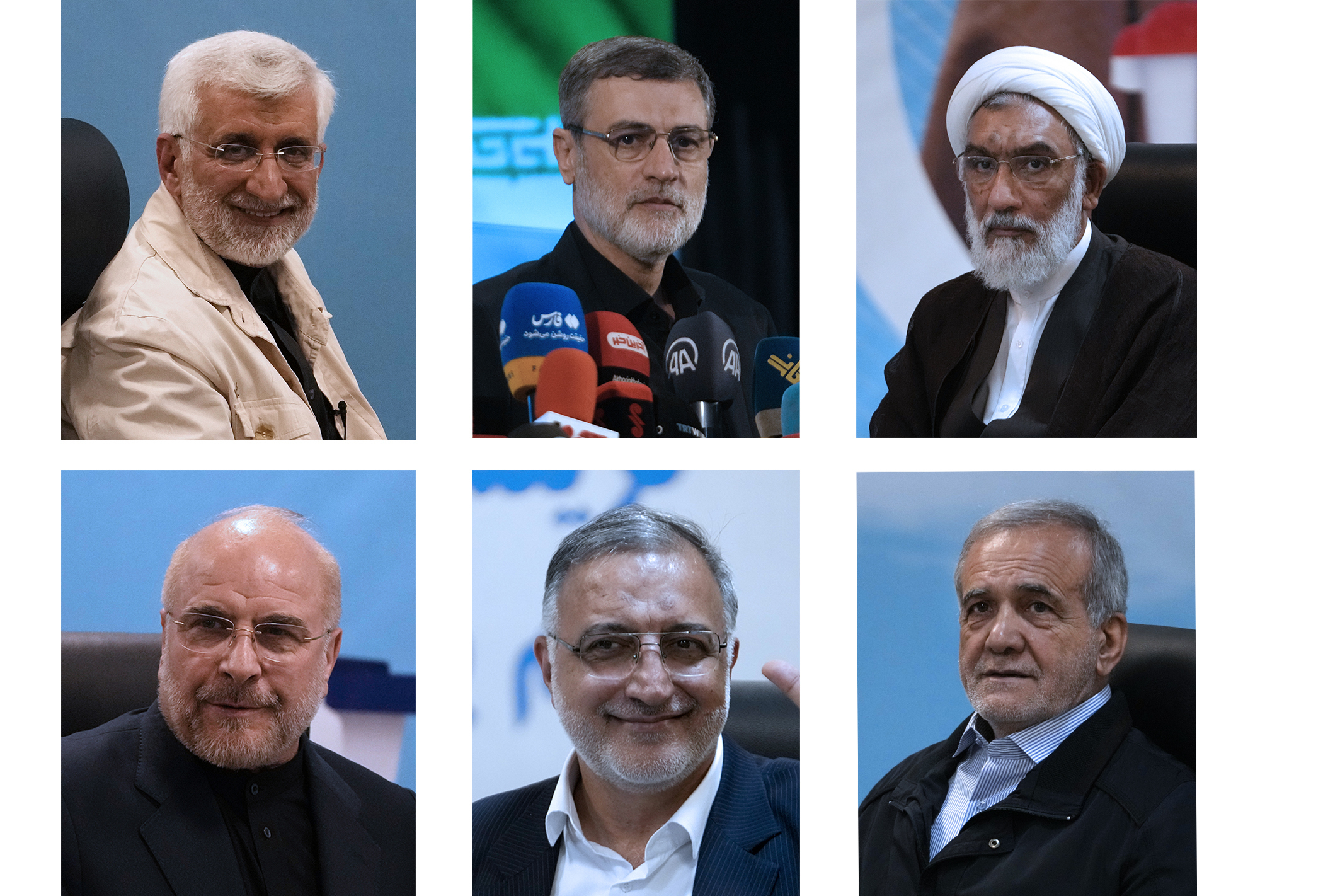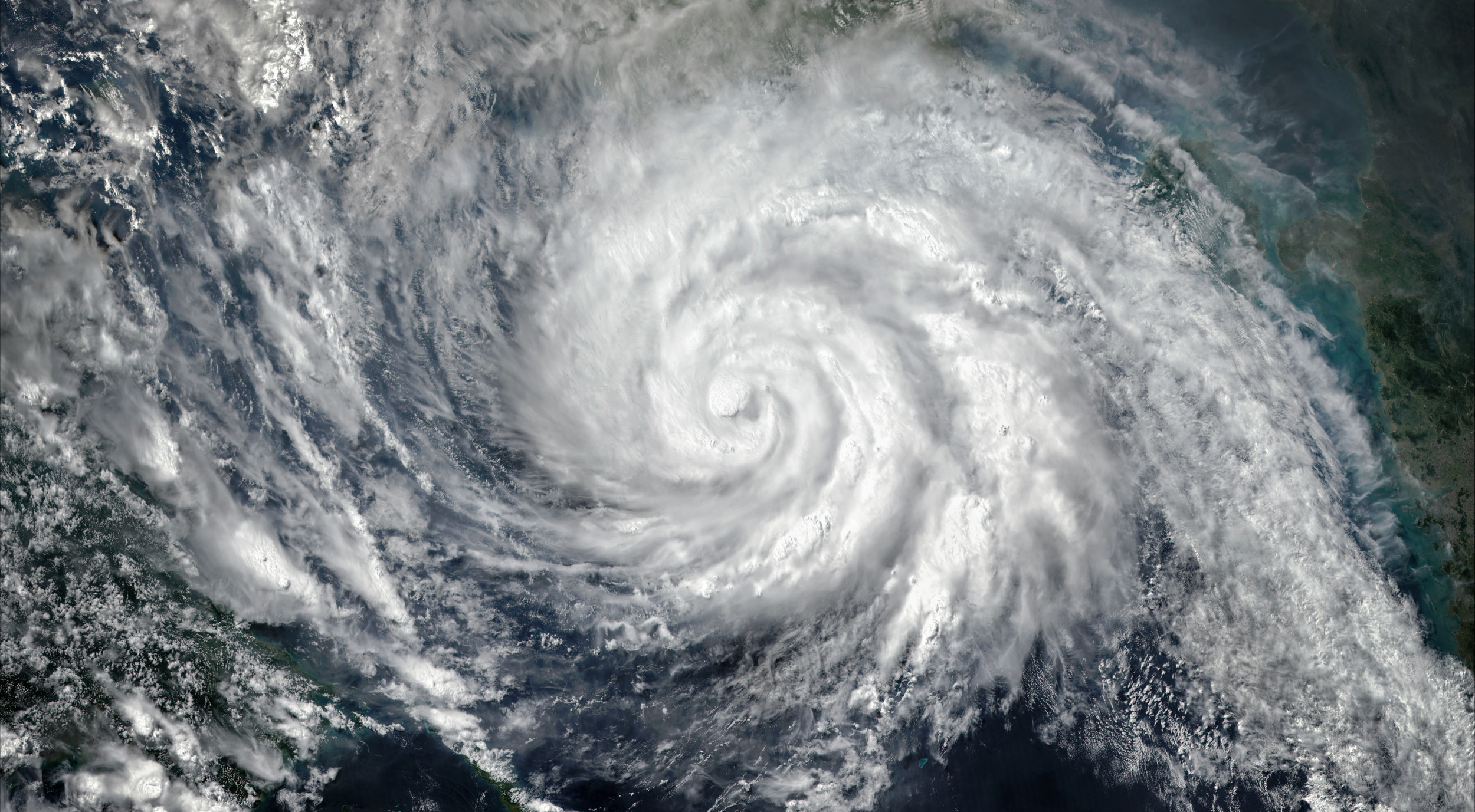The most popular type of wine in the world is the subject of a bitter naming rights battle, the Associated Press reported.
The makers of Italian sparkling wine Prosecco are trying to prevent Croatian winemakers from using the term Prosek. However, many Croatians claim that the winemaking tradition Prosekar has much deeper origins than the popular drink.
"Prosekar wine is the original, because it was born 300 years before Prosecco," winemaker told AP, "so it is the father of Prosekar, Prosecco, Prosek and all the rest."
Winemakers such as Skabar are hoping to use their geological ties to Prosecco's birthplace in order to win the heated battle.
The entire European Union's system of geographical designations could also be at stake. This system was originally created to ensure distinctiveness among artisanal goods, especially wine. The Italian government has already pledged to defend Prosecco in the wake of a Croatian petition to label their wine as Prosek.
Prosecco is mainly made from the Glera grape and is produced throughout nine provinces. Prosek, however, is a sweet wine from Dalmatia made from dried native Croatian grapes. Finally, Prosekar combines Glera with two other types of grapes.
"Consumers will not be confused by this," European Parliament member Ladislav Ilcic said in a recent debate, adding that "Prosek should legitimately receive the protected denomination of origin, and producers should have full access to markets."
The dispute between Italy and Croatia is expected to be decided in the coming months.
For more reporting from the Associated Press, see below.

On tiny pockets of terraced terrain overlooking a bay shared by Italy, Slovenia and Croatia, Milos Skabar is reviving Prosekar, which shares roots with its better-known bubbly cousin, Prosecco.
The humble fizzy blend is virtually unknown beyond the Italian port city of Trieste where it's made on a strip of land between the Adriatic Sea and Slovenia.
The artisanal food, wine and spirits market is worth nearly 75 billion euros ($87 billion) annually—half of it in wines, according to a 2020 study by the European Commission, the EU's executive branch.
"The problem for us is not that these producers, who make a very small number of bottles, enter our market. But it is the confusion it could generate among consumers,'' said Luca Giavi, general director of the Prosecco DOC consortium, which promotes Prosecco and assures the quality of wines under the EU's "denomination of controlled origin" designation.
Prosecco has annual sales of 2.4 billion euros ($2.8 billion), most of it exported. "Everyone perceives the situation as a threat to our success," producer Stefano Zanette said, with worldwide buyers possibly not able to distinguish between the similar names.
Croatia argues that the Prosek name and tradition is centuries old, predating Prosecco's protections in the EU system, and that its place as a dessert wine makes it distinct from Prosecco.
The Brussels-based European Federation of Origin Wines is preparing a brief to support Italy. It believes the European Commission's decision to hear the case has defied its own battle to get other nations and trading blocs to recognize the EU's system of geographic designations.
The dispute is likely to turn on Prosecco's origin story, emanating from the bilingual Italian village of Prosecco near the Slovenian border above Trieste, where winemaking once flourished.
It is here, say the ethnic Slovene Italians who make Prosekar, that Glera—the basis of both Prosecco and Prosekar—originated.
But besides common etymological roots, Prosekar, Prosecco, and Prosek have little in common.
In decades past, Prosekar was mainly produced at home and shared among friends, family, and neighbors, often served from ad-hoc taverns in private houses.
Prosecco makers moved to protect their coveted geographical indication 12 years ago, after seeing winemakers in northeast Italy lose the right to use the label Tocai in a European decision that protected wines produced in Hungary's Tokaji region. In Italy, Tocai was simply the name of the grape variety, with no geographic ties. The decision gutted the makers of Friuli Tocai, who struggled to find a market with a new name: Friulano.
Both the Italian and Croatian regions tussling over the Prosecco name shared a history of Venetian and then Austro-Hungarian control, spanning the period when Prosecco migrated northwest, into present-day Italy, and south, along Croatia's Dalmatian coast.
Prosecco defenders say the name Prosek has never been uniformly applied and came to mean even a generic form of dessert wine.
Written documents link the village of Prosecco to wine as early as the 1600s and 1700s when wines were called "of Prosecco" to indicate their village of origin, wine historian Stefano Cosma said. "By the 1800s, it was already a sparkling wine," he said.
In present-day Prosecco, Prosekar winemakers hope that because the EU has included the village itself in the geographic territory for the protected wine, they might have a shot at expanding their market for Prosekar, which they say was first made in 1548.
But because their wine has not earned the EU designation, Prosekar producers are banned as much as Prosek makers from using their name. They so far haven't been challenged as long as they don't sell beyond Trieste, said Andrej Bole, a sixth-generation Prosekar producer.
"We are outlaws,'' Bole said. But "for now, we are tolerated."
They are working with the Prosecco consortium to help their wine earn the coveted origin insignia, which is awarded each vintage. The question of legally using the Prosekar name won't be decided until that hurdle is cleared, the head of the consortium said.
"We have to look at the European norms," Giavi said. "But there is that option, which we don't mind."

Uncommon Knowledge
Newsweek is committed to challenging conventional wisdom and finding connections in the search for common ground.
Newsweek is committed to challenging conventional wisdom and finding connections in the search for common ground.





